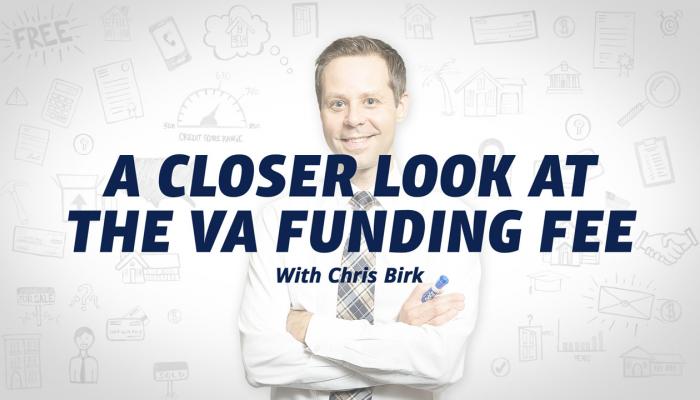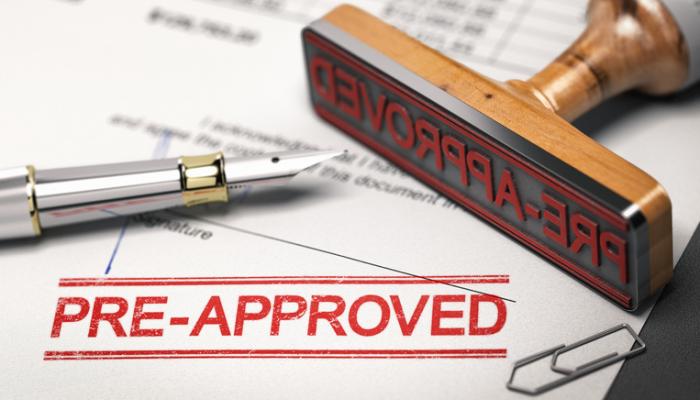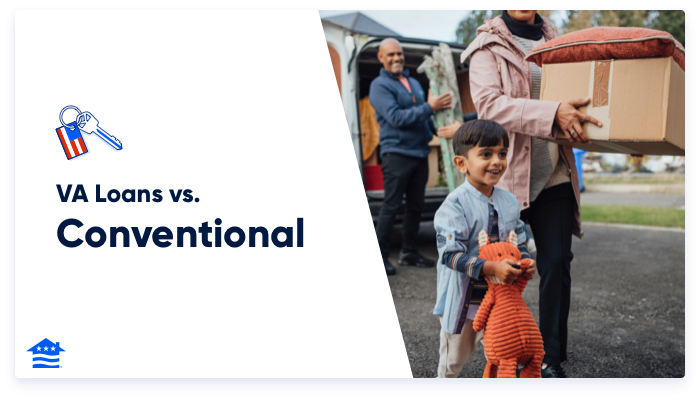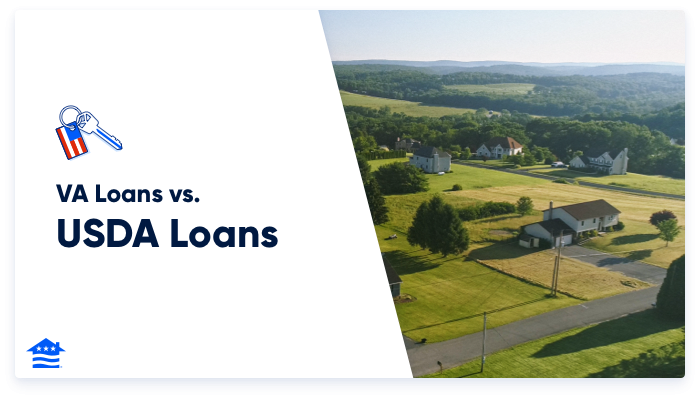Home Purchase
Tips and advice to help Veterans and military families get the most from homebuying

Latest Articles

Home Purchase
Updated on May 3, 2024








Tips and advice to help Veterans and military families get the most from homebuying


Updated on May 3, 2024







